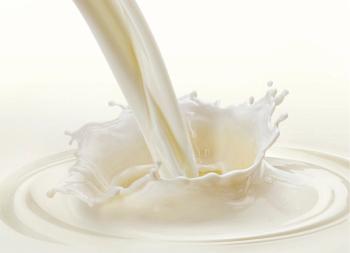
Study Backs Adding Vitamin K1 or Vitamin K2 to Bone Health Formulas
Postmenopausal women supplementing with calcium and vitamin D experienced added benefit with the addition of vitamin K1 or K2.
In a study on postmenopausal women,
For one year, women were assigned to daily consumption of an enriched dairy product or placebo. In three groups, the dairy product was enriched with either calcium (800 mg) and vitamin D3 (10 ug); calcium and vitamin D3 with vitamin K1 (phylloquinone); or calcium and vitamin D3 with vitamin K2 (menaquinone-7).
Vitamin K is known for its role in “carboxylating” or activating osteocalcin, a protein needed to move calcium from the blood to bones. Obtaining enough of the vitamin may be especially challenging for certain races and ethnicities, according to
After a year of supplementation, subjects in the K1 and K2 groups showed significantly lower ratios of undercarboxylated (inactivated) osteocalcin to carboxylated osteocalcin than subjects in the other groups, suggesting better bone utilization of available calcium. Deoxypyridinoline, a common marker of bone breakdown, was significantly lower in the vitamin K groups compared to the placebo group and the calcium and vitamin D group.
Total-body bone mineral density was improved in all test groups compared to placebo, but lumbar spine bone mineral density improved only in the vitamin K groups.
This study is now published in the journal Calcified Tissue International.
Newsletter
From ingredient science to consumer trends, get the intel you need to stay competitive in the nutrition space—subscribe now to Nutritional Outlook.




